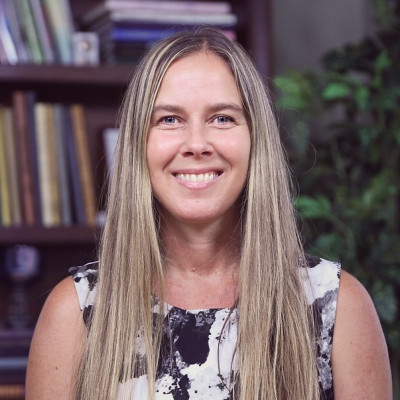Synchronous (Onsite) Language Policy / World Englishes / English as a Lingua Franca / Translanguaging Featured/Invited
Exploring World Englishes to Enhance Learners' Oral Skills
Invited Second Session
According to Ethnologue, there are approximately 378 million people who speak English as their first language and 743 million who speak English as an additional language. These data points tell us that our learners will likely have more interactions with people who speak English as an additional language than with “native speakers.” In this session, we’ll question the categories of “native speaker” and “nonnative speaker,” reflect on the role of English globally, and discuss features of World Englishes. Next, we’ll consider the decisions we make when establishing learning outcomes, selecting materials, and designing assessments that target English oral skills. How do we address learners’ needs, goals, and expectations while raising awareness about English as a global language? How do we prepare them for high-stakes tests while acknowledging the reality of language use in the world? During this session, we’ll evaluate perspectives about standards and find ways to bring World Englishes into the classroom through thought-provoking listening and speaking activities that promote 21st-century skills, perspective-taking, and a desire to enact positive change in the world..
-

Raichle (Rai) Farrelly (Ph.D., Linguistics, University of Utah) is a Teaching Associate Professor, as well as the TESOL Director, in the Department of Linguistics. She is also an English language instructor in the International English Center. She is currently serving a 3-year term (2022-2025) on the board of directors for the TESOL International Association. She offers courses on a range of topics including language teaching methods, teaching L2 oral skills, pedagogical grammar, world language policy, the TESOL practicum, and an introduction to linguistics. Her professional interests include second language teacher education, reflective teaching, curriculum design, community-engaged learning, and teaching refugee-background adults.